10 things to never add to your compost bin – and how to dispose of them instead
Adding these materials to your compost bin can cause major problems

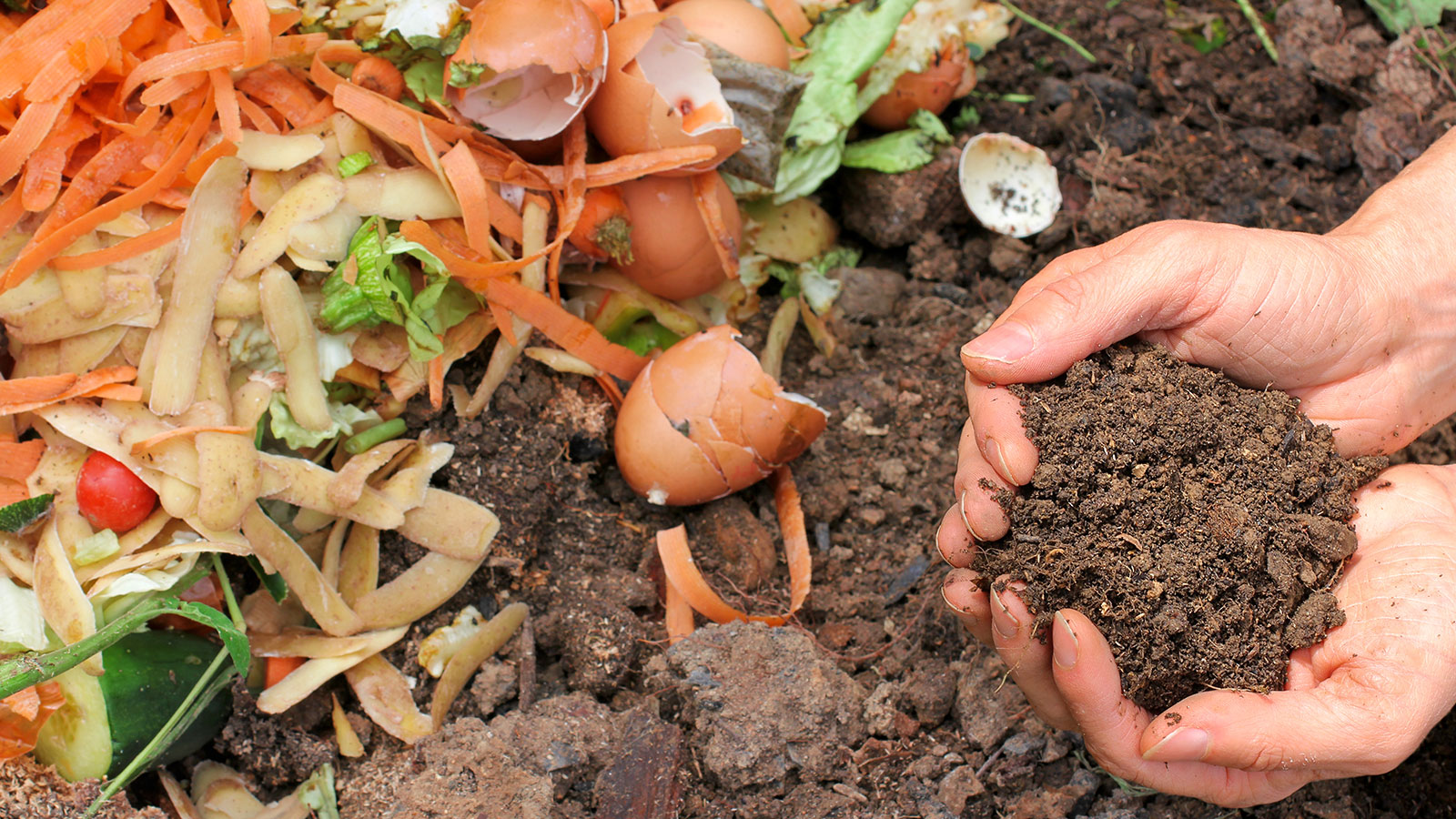
Composting is a brilliant way to recycle household waste and turn it into something nutritious for your yard without spending a dime. But as good as this sounds, there are many things that you should never add to your compost bin.
Certain items break down really well whereas others, including dairy products, meats and cardboard, will not only ruin your good compost, but also begin to smell and attract harmful bacteria.
To help you avoid composting mistakes, we spoke to lots of experts in gardening and horticulture to learn about some of the items that should never be put into your compost bin, as well as why. If you follow this guide, you will know how to make compost the right way and where to dispose of non-compostable waste instead.
1. Weeds that have gone to seed
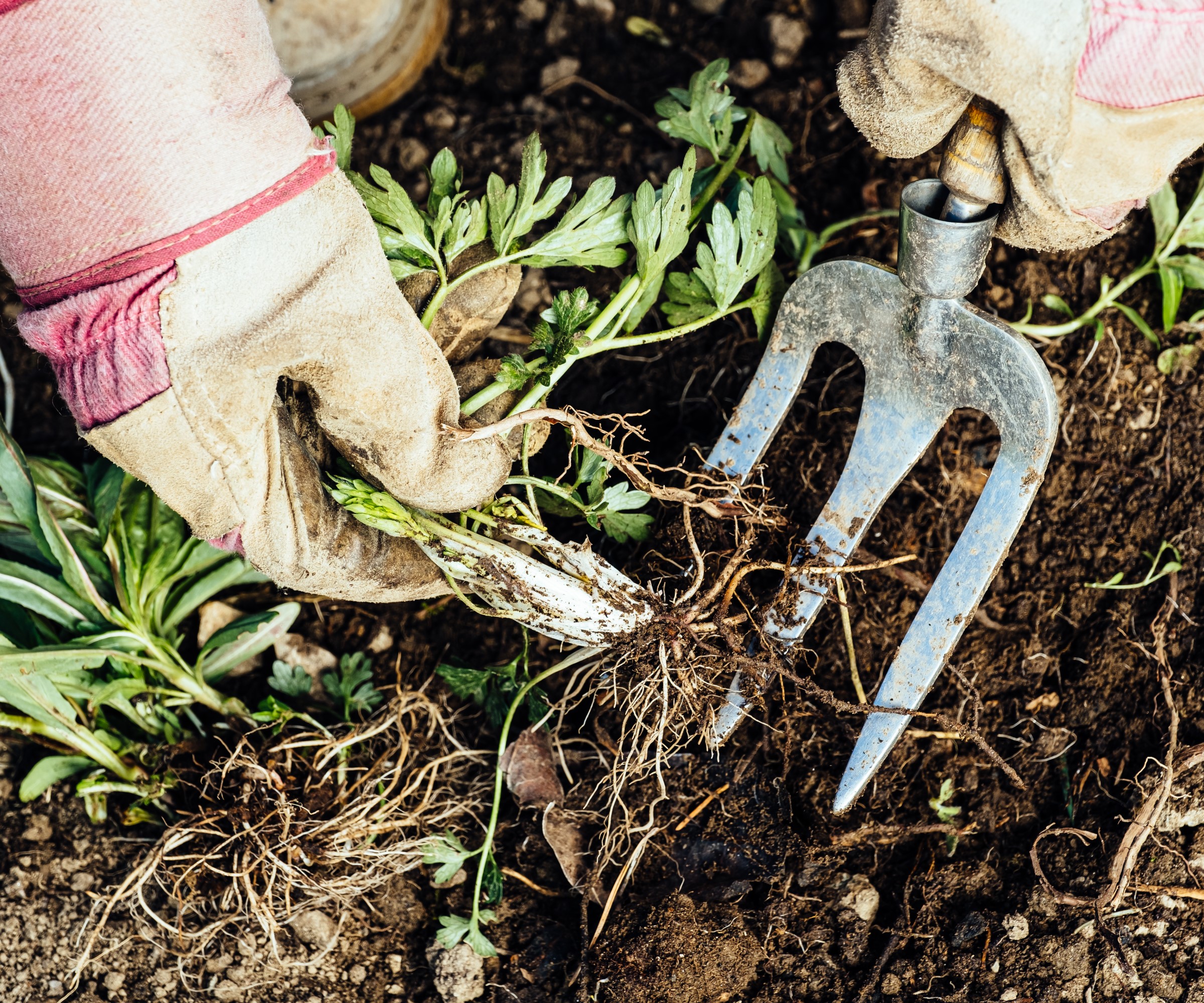
Weeds that have gone to seed are actively looking to repopulate around your yard - which is likely the last thing you want. Placing weeds on your compost pile or in your compost bin after working hard to remove them from the garden is a major weeding mistake, as they'll begin to sprout again in your compost.
Jenny Rose Carey, a professional horticulturist, author and gardener, says, 'Placing weeds, especially those that have gone to seed, in your compost bin will cause them to resprout. If you spread the finished compost on your beds you may then spread the weeds around your garden as well.'
If you have a trash can for garden waste, the easiest way to dispose of weeds environmentally is to place them in there. Alternatively, if you research your local recycling sites, you can find somewhere that will take your weeds to compost mechanically.
'In order to compost weeds they need to be at a really high temperature, and your compost heap may not get to a high enough temperature to kill them and, in turn, make compost,' says Jenny.
Design expertise in your inbox – from inspiring decorating ideas and beautiful celebrity homes to practical gardening advice and shopping round-ups.
The collapsible 30 gallon garden waste bucket from Amazon is a great addition to your yard to collect weeds for recycling. It's large, washable and durable.

Jenny Rose Carey is an avid hands-on gardener, professional horticulturist, and author. Jenny moved with her American husband to the Philadelphia, Pennsylvania and has gardened there, at her private 4.5 acre garden called Northview, ever since. Jenny has authored two books, Glorious Shade and The Ultimate Flower Gardener's Guide. Jenny's third book, concentrating on bulbs, is due to be released in the fall of 2025.
2. Produce stickers
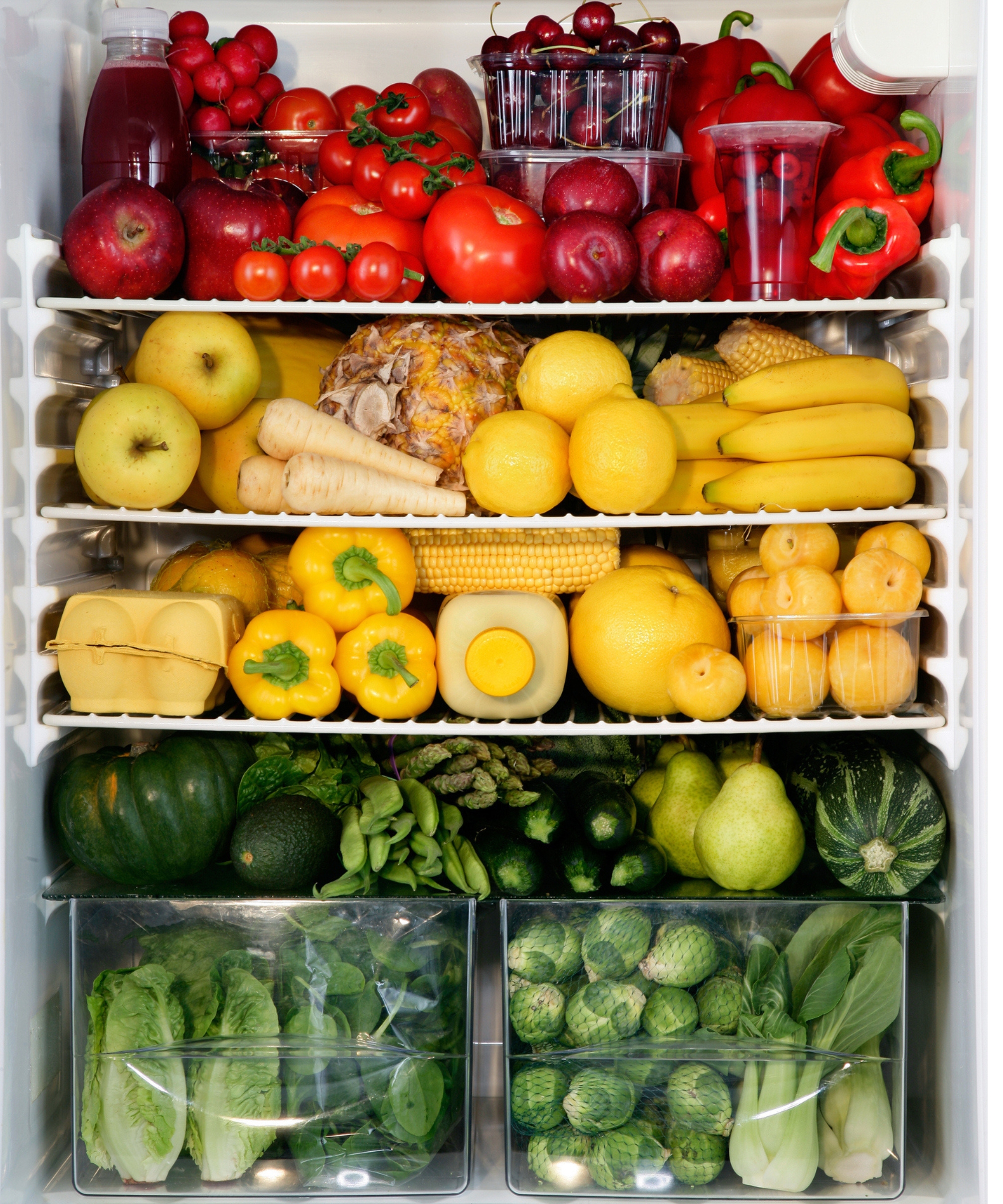
Many store bought fruit and vegetables have stickers on them, even if they came in other packaging. These labels are made from harmful plastics that won't break down in your compost bin, so it's important to check any and all fruit and vegetables before bringing them outdoors.
Andrew Miano, senior horticulturist at Baker Creek Heirloom Seed Co., says, 'Produce stickers are commonly forgotten about when people add their vegetable or fruit peelings to their compost. Being made from non-biodegradable material in most cases, the labels won't break down and you'll end up with trashy material in your compost.'
You could implement a rule in your home to remove all produce labels as soon as your groceries come in and place them in the trash. This is the simplest way to tackle the task all at once, ensuring all labels have been removed ahead of time.
3. Oil, dairy and meat
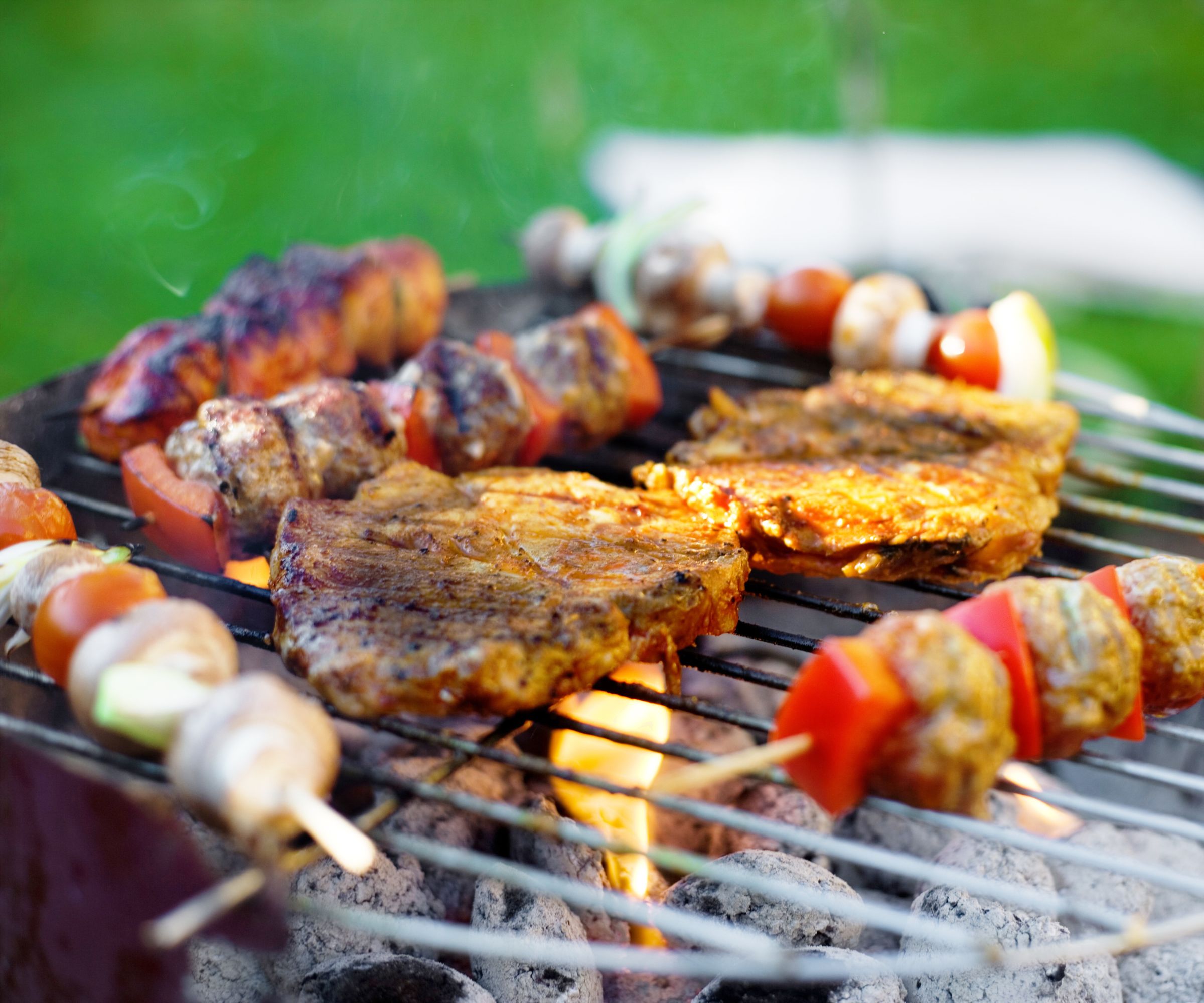
Rich fatty food items like oils, dairy products and leftover meats will actually deteriorate the quality of your good compost, and while they break down they will produce a ghastly odor. They are definitely among the key things to never add to your compost bin.
Jodi Danyo, founder and CEO of Cherry Valley Organics, says, 'The problem with adding these to compost is that these oils and fats will form a coating around vegetable materials and significantly slow down the decomposition process. These foods may also attract rodents such as rats in your yard, and unwanted insects to live in the pile.'
Ofra Gaito, CEO of plant company Verdant Lyfe, adds, 'Adding meat scraps, grease or dairy products to your compost pile can also disrupt the composting process as they decompose slowly and ineffectively in themselves.'
You're far better off leaving these out of your compost and disposing of them in the garbage, or feeding them to pigs if you're looking to recycle.
You can purchase rolls of biodegradable trash bags like the 110 count aklyaiap small biodegradable trash bags from Amazon if you're still seeking to keep a green thumb.

Jodi is the Founder and CEO of Cherry Valley Organics, an organic farm and e-commerce company innovating in the herb and edible flower space. She has over 25 years of experience growing vegetables, herbs, and flowers organically for retail and wholesale markets.
4. Walnuts, shells or hulls
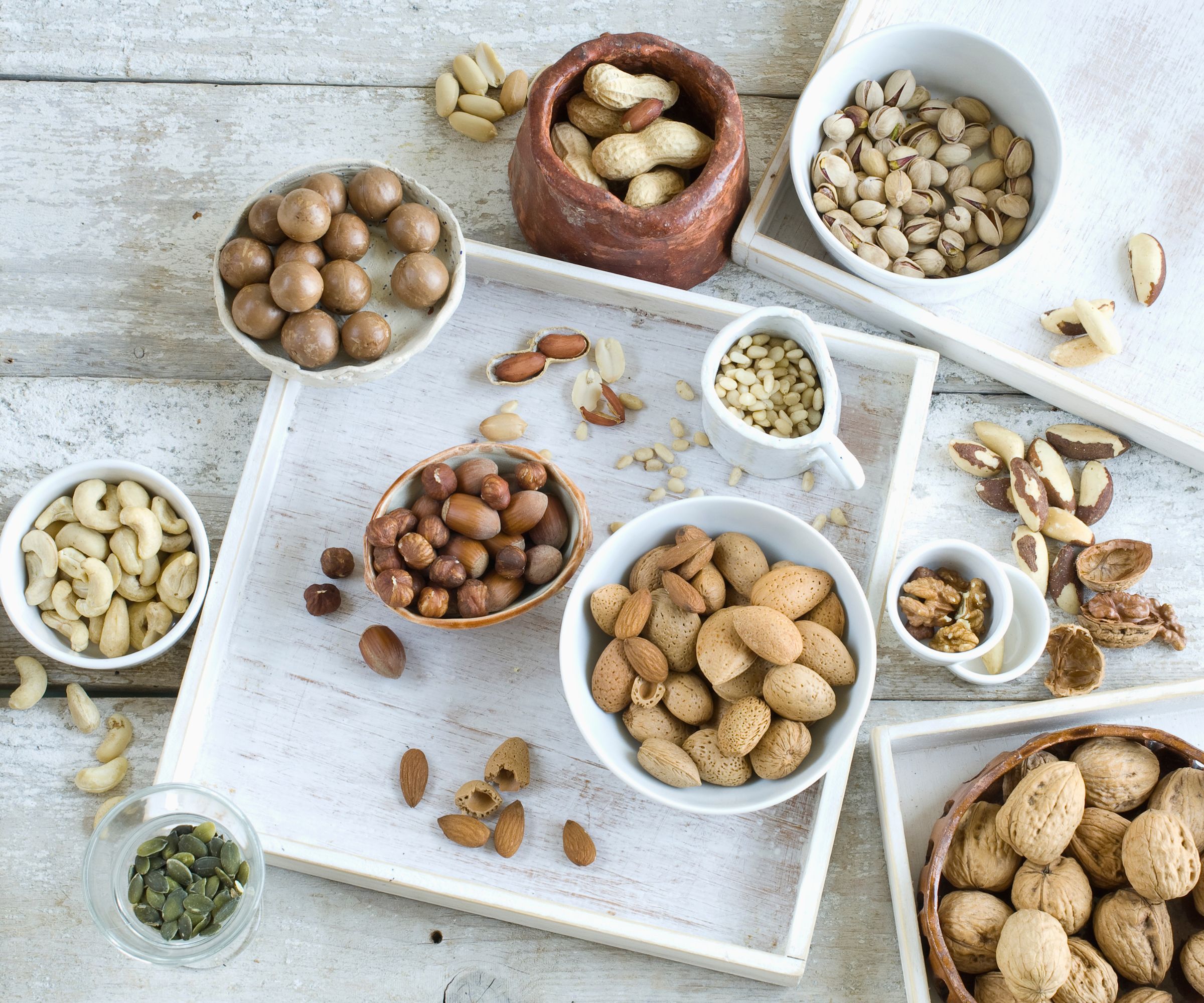
Nuts are a tasty snack packed with protein and essential amino acids but hidden behind their super-food qualities are toxic chemicals that could kill your plants.
Sally McCabe, associate director of community education at the Pennsylvania Horticultural Society, says, 'Certain kinds of nuts including walnuts contain juglone when breaking down, a chemical toxic to many plants, especially tomatoes.'
If you mix this chemical in with your compost heap and spread the compost onto your plants, you could be causing harm.
'Juglone breaks down over time, so If you are blessed with large quantities of walnuts, you can compost them separately and leave them break down for at least a year to produce compost on their own,' says Sally.
You could keep your walnuts and other nuts containing juglone - including but not limited to pecans, butternuts and black walnuts - in a little composting bin like the utopia kitchen compost bin from Amazon, ideal to keep sat indoors to stash your leftovers. This way, you'll still be zero-waste and your other plants will stay safe.
5. Unrinsed eggshells
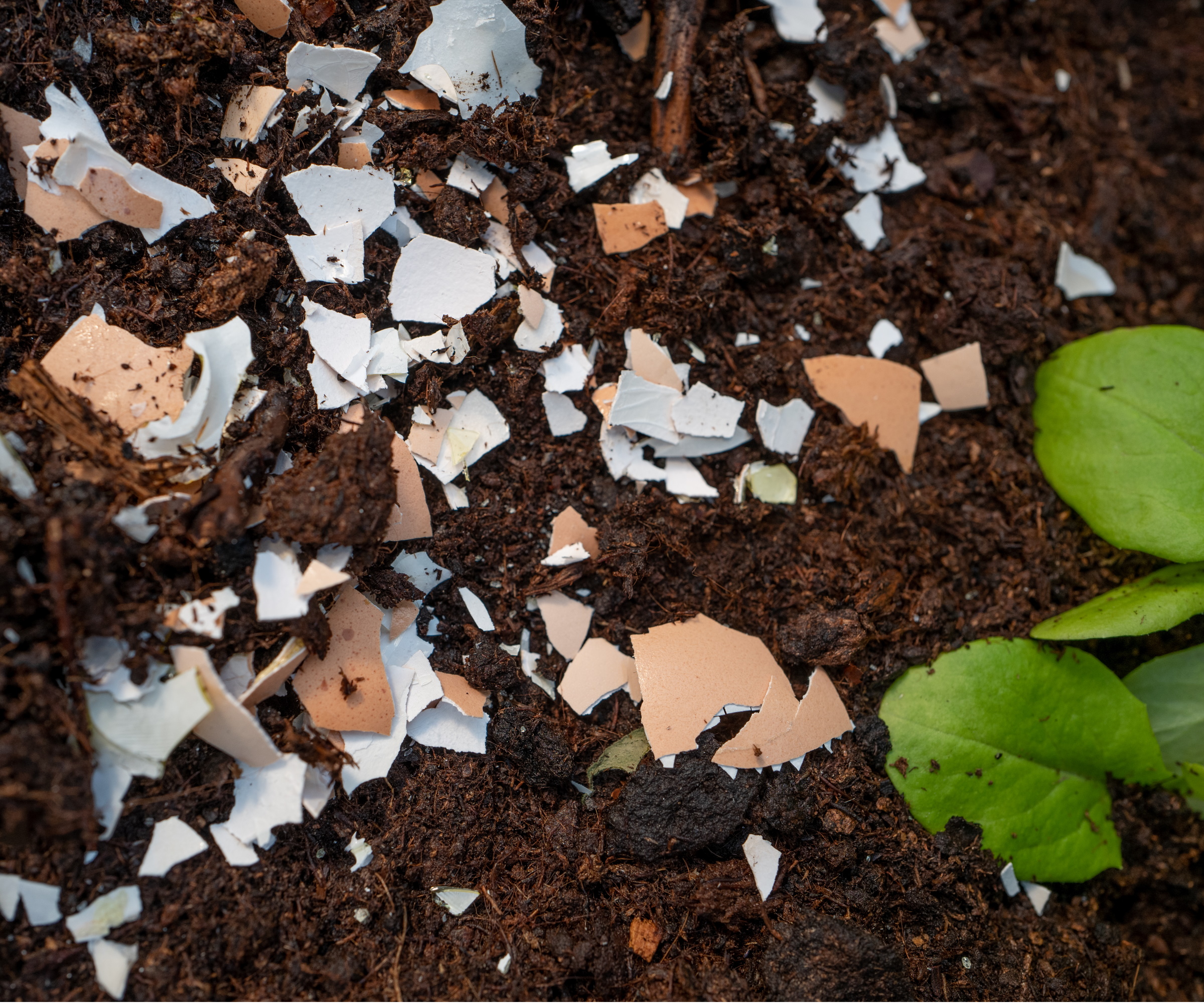
Eggshells are great to reuse in many areas of horticulture to bring your garden to life, from composting to feeding to chickens as a source of grit. However, if you don't rinse your eggshells clean before adding them into your compost bin you're likely to encourage bad odors and flies.
Jessica Mercer, senior content marketing coordinator and plant expert at Plant Addicts, says, 'Eggs can cause the same problems as dairy products in your compost, releasing unpleasant odors that attract pests. If you rinse them and crush them up though, they are a great source of calcium for your compost.'
You can crush eggshells using your hands but if you'd rather not handle the shell, we recommend using a small mortar and pestle like the tera 18/8 stainless steel mortal and pestle from Amazon.
Don't forget to wash your hands after crushing the shells of eggs to reduce the risk of spreading salmonella.

Jessica Mercer, PhD, is the Senior Content Marketing Coordinator for Plant Addicts. As a “plant collector”, Jessica enjoys growing many different plants and learning about the best cultural practices for each. Writing for Plant Addicts is a real joy for her, as she can use her science background to research interesting plant topics. She carefully considers how to best present the information to other gardeners, with a focus on sustainability and the environment.
6. Diseased plants
Similarly to weeds which will spread if added to your compost bin, adding diseased plants into your compost pile will encourage more of them to grow.
'If your compost doesn't get hot enough the disease plants will survive,' says Andrew. 'A better-safe-than-sorry approach to composting diseased plants is best, otherwise you might end up with invasive plants spreading.'
To dispose of diseased plants, it's best to bring them to a council recycling point for composting through burning, even if you have incorporated a compost bin into your yard. Alternatively you can put them in your garbage.
'Their composting facility is huge and the size of the pile means that it heats up to a much higher temperature than my small heap,' adds Jenny.
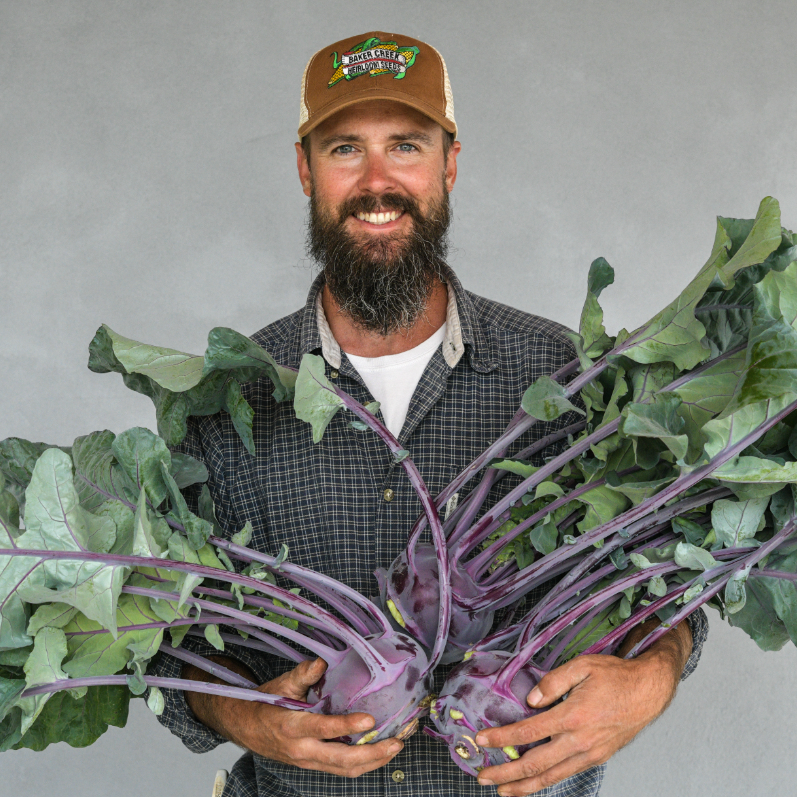
Andrew Miano is senior horticulturist at Baker Creek Heirloom Seed Co., based in Mansfield, MO. Baker Creek sells only heirloom and open-pollinated varieties and currently offers about 1,000 varieties from around the world. A landscaping job after high school led Andrew to edible landscaping, greenhouse work, and eventually studies in plant science, nursery and greenhouse production and management, and fruit and vegetable production. He leads Baker Creek’s trial growing program and is an expert in organic farming.
7. Onions, garlic and citrus peel
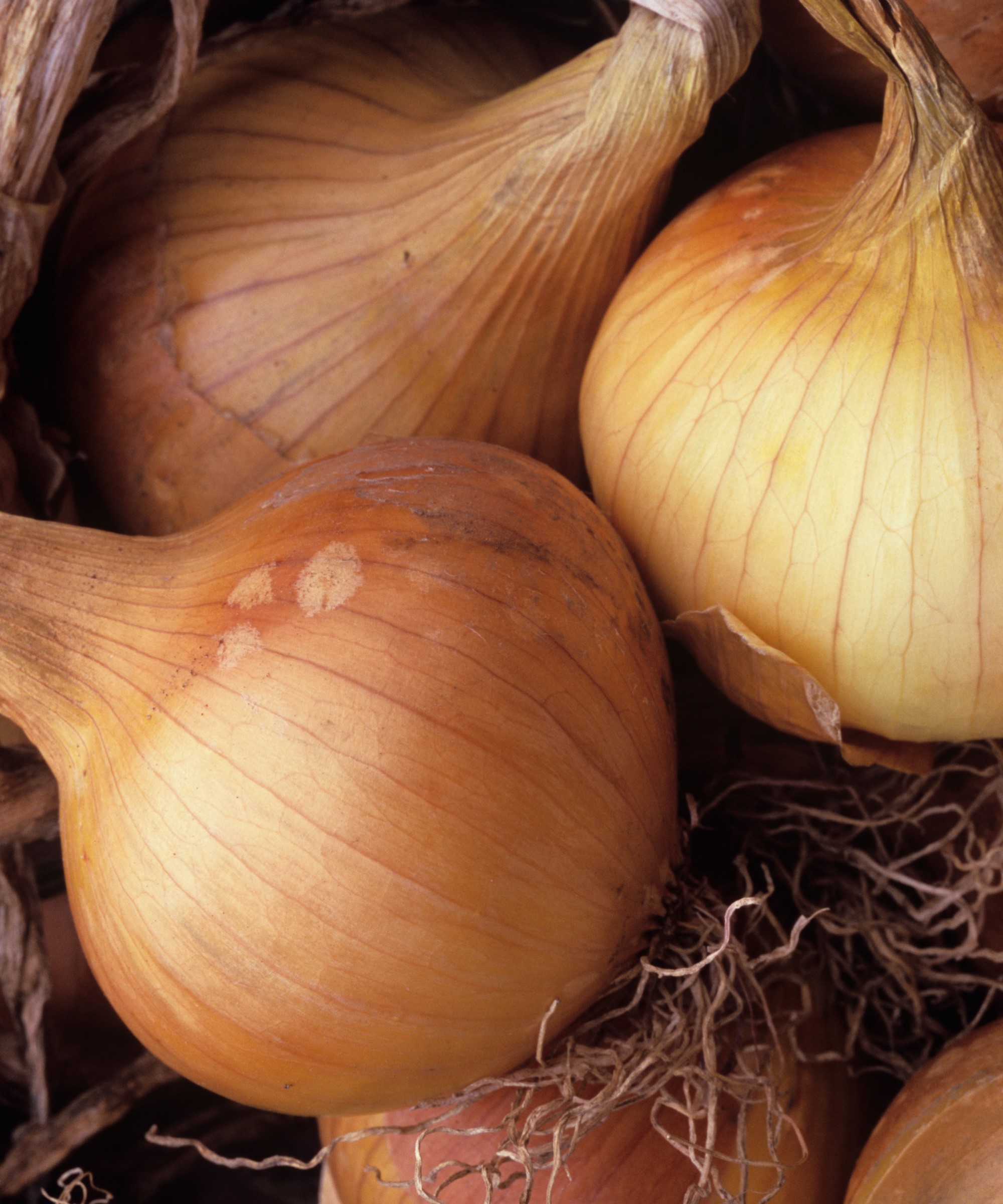
Small quantities of onion, garlic and citrus peel in your compost bin are fine when it comes to using kitchen waste in the garden, but if you add a lot, the same qualities of these vitamin-rich foods that benefit us will bring harm to your compost's soil.
'Onions, garlic and citrus peels are natural insecticides, antibiotics or even (with citrus) cleaning products,' says Sally. 'A little bit of these items in your compost is ok, but more than a small amount can cut down on the beneficial microbial action in your compost bin and make your soil acidic.'
Instead, take some time to look into how the like of orange peels are good for plants, and seek to use them elsewhere. If all else fails, citrus peels make lovely simmer pots if boiled in water, and leftover onion and garlic can be turned into powder if it hasn't gone bad. This will increase the item's shelf life and result in less waste in the future.
You can grind up onion and garlic after it's been dehydrated to produce a powder. Amazon's choice of dehydrator is the portable elite gourmet food dehydrator, able to dehydrate five trays of produce at a time.

Sally McCabe is the Associate Director of Community Education at the Pennsylvania Horticultural Society (PHS). In this role, she is instrumental in leading PHS’s Garden Tenders and Green City Teachers programs and instructs gardeners and educators through workshops that service hundreds of people annually. Sally prompts change at the neighborhood level by working directly with community members, and has been involved with gardening and horticulture for almost 50 years because she passionately believes that it can change the world, one community garden at a time. For 40 of these years, Sally has been at the forefront of PHS Garden Tenders and Green City Teachers.
8. Treated grass clippings
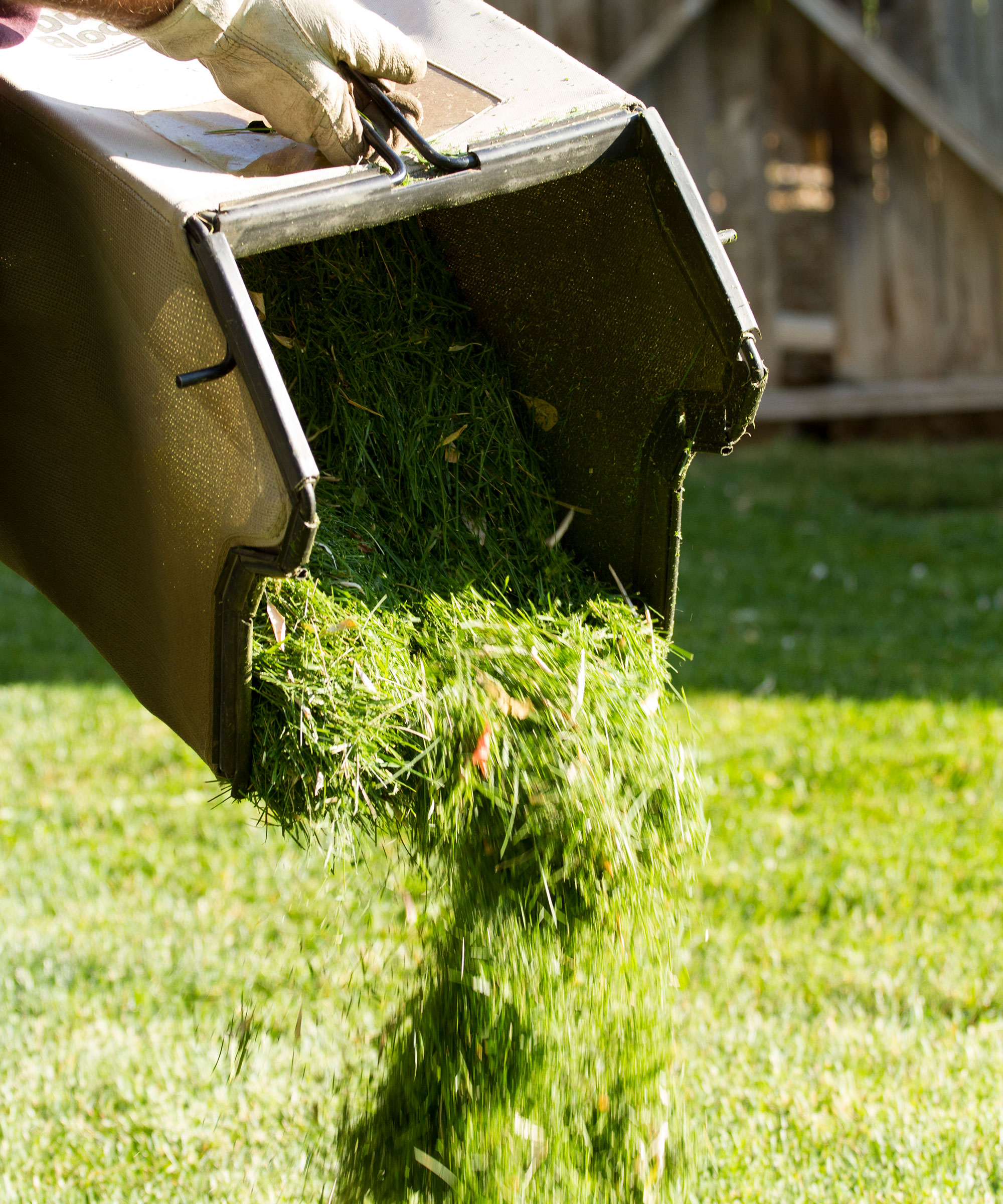
Grass clippings are versatile and have many uses around the garden, from keeping plant beds covered during the colder months to mulching down into amazing compost. However, these benefits can only be reaped if the grass you collected is untreated, free from herbicides.
'If you place grass clippings that were treated with herbicides in your compost pile, then it's possible that the chemicals will be present in your final compost and kill your garden plants when used,' says Jodi. 'If you wish to use your grass clippings around your yard, try growing your lawn organically, without petroleum-based, chemical herbicides or fertilizers.'
9. Pet waste from meat-eating animals
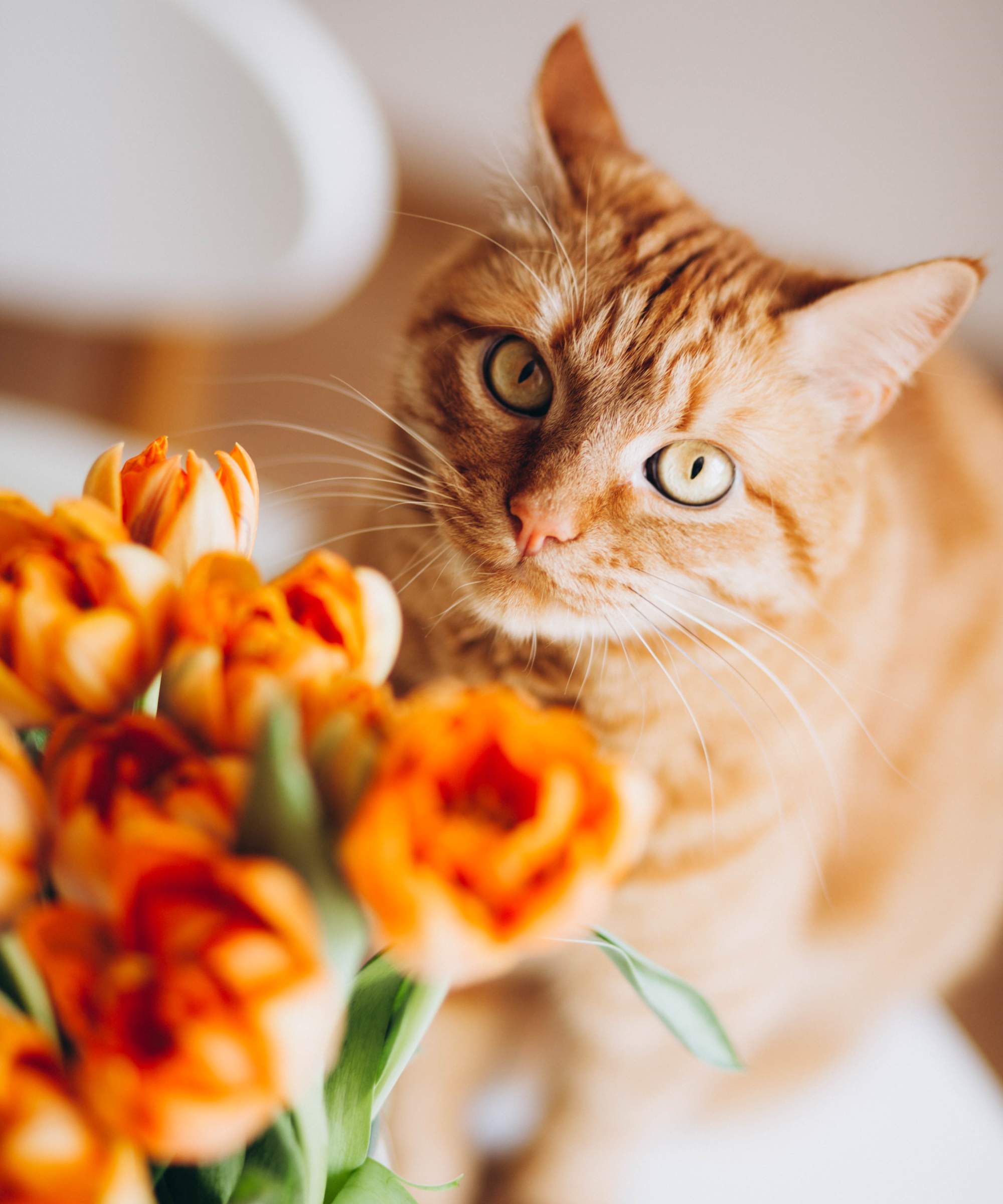
It makes sense to believe that all pet waste belongs in a compost pile, but this waste can carry throngs of bacteria that isn't healthy to keep around your garden or near to your home.
'Pet waste from meat-eaters can carry harmful bacteria and parasites, such as roundworms, which can survive in the compost and pose health risks,' says Jessica.
Including this waste in your yard will also make your compost smell bad.
It's safest to dispose of pet waste from meat-eating animals in your general trash, but the likes of rabbit droppings are safe to add into your compost heap.
10. Bones
Bones from finished meaty dinners don't belong in your compost heap as they will do the opposite of speed up composting. So, instead, keep them for animals that are carnivores to chew or enjoy or dispose of them in your general trash.
'You want to be careful not to add anything that could negatively affect your plants when you eventually use the finished compost in your garden,' says Ofra.
Putting bones into the mix will result in bitty compost, as they will just stay in the soil as they are for up to hundreds of years.

In 2020, Ofra Gaito founded Verdant Lyfe, an e-commerce company born to help and share live plants with both plant lovers and new plant beginners. The company packs and ships hundreds of orders every week to homes and businesses all over the USA. At the head office in South Florida, Ofra and her team conduct workshops every six weeks that involve the plant world. Ofra hosts live radio program Grow Your Lyfe every Friday at 1:45 pm EST on 101.9FM Omega radio.
Maintaining compost over winter is something many people forget to do, leaving them with little to use in the spring. By following the five expert tips in the guide we compiled, you'll be left with plenty of healthy compost to grow plants in the new year ahead.

Ciéra is a writer and regional laureate with particular passions for art, design, philosophy and poetry. As well as contributing to Homes & Gardens, she's an Editorial Assistant for Design Anthology UK and a contributing writer for magazines including Livingetc, Apartment Therapy, House Beautiful and Ideal Home. Previous commendations of hers include being Highly Commended by The Royal Society of Literature and receiving a prestigious MA Magazine Journalism scholarship to City, University of London.